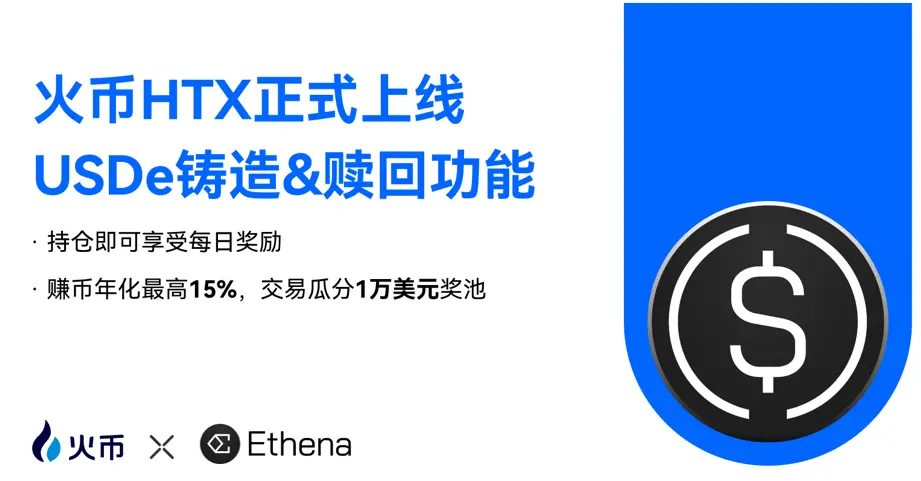Institutional clients, the U.S. election? Who is really behind the push for the Solana spot ETF?
Author: Jessy, Golden Finance
On June 28, Beijing time, VanEck launched the VanEck Solana Trust and submitted a Solana spot ETF application to the SEC.

Interestingly, this application for a spot ETF for SOL comes without any prior approval for its futures ETF. Is the release of the news about the Solana spot ETF submission just a form of hype?
No Futures ETF Launched, Considered a Security
VanEck, which submitted the Solana spot ETF to the U.S. SEC, is one of the issuers of the previously approved BTC and ETH spot ETFs in the U.S. Summarizing the statements from VanEck's head of digital asset research on X, it can be concluded that VanEck's reason for applying for the Solana spot ETF is largely due to its strong confidence in Solana's technology, as well as its potential for widespread use as a digital commodity and the large number of customers holding it.
According to the application documents, the VanEck Solana Trust is expected to be listed for trading on the Cboe BZX Exchange, pending issuance notice.
An interesting point is that VanEck did not follow the usual approach of applying for a SOL futures ETF but went directly for the spot ETF, which may affect the SEC's approval process. From this, it can also be seen that there is still a significant uncertainty regarding the approval of the Solana spot ETF. Another uncertainty is that the SEC has previously stated in litigation that SOL is an unregistered security.
Other factors that may influence the SEC's judgment on the Solana spot ETF include its insufficient level of decentralization; Solana's decentralization is not as strong as that of Bitcoin and Ethereum, especially considering that FTX previously held a large amount of Solana. Moreover, the market capitalization gap between Solana and Bitcoin and Ethereum is still quite large, indicating its poor liquidity.
In this light, is VanEck's submission of the Solana spot ETF to the SEC merely a form of hype? Not necessarily.
Institutional Users Support, U.S. Elections May Reverse the Situation
Firstly, Solana has gained significant attention as a dark horse in this bull market and is strongly supported by Wall Street capital. Analysts have pointed out that Solana's high throughput, low transaction fees, and security features make it a potential candidate for an ETF.
So why Solana and not other coins? Previously, LTC, BCH, and DOGE were all seen as strong candidates for the next wave of spot ETFs. The reason is simple: the approval process for virtual currency spot ETFs generally follows this sequence: the U.S. CFTC first regulates the coin's futures, then the futures ETF, and finally the spot ETF.
Currently, the only compliant futures that have been submitted to the CFTC and approved for trading, besides BTC and ETH, are LTC, BCH, and DOGE. However, these three coins are not primarily traded on the CME but rather on the derivatives exchange under Coinbase. Furthermore, these three tokens have not been classified as securities by the SEC, leading the industry to believe that it may soon be time for these three coins' spot ETFs to be approved.
However, it seems we have only focused on the compliance of the process without realizing the significant role that capital plays in spot ETFs.
Robbie Mitchnick, head of digital assets at BlackRock, has clearly stated that the demand from institutional clients drives BlackRock's push for cryptocurrency products. In other words, if institutional clients favor a particular token, these fund companies will vigorously promote that token's spot ETF.
Our analysis of the cryptocurrency-related ETNs (exchange-traded notes) issued by VanEck shows that the Solana ETN has the highest user demand (assets under management) after Bitcoin and Ethereum. This helps explain why VanEck and other fund companies are keen to promote Solana's spot ETF rather than those tokens that appear to have a more correct process.


Although the launch of the Solana spot ETF currently faces significant uncertainty, if there is a change in the leadership of the U.S. government, especially under an SEC leadership that supports cryptocurrencies, the Solana spot ETF may have a chance of being approved. The U.S. elections are genuinely impacting the cryptocurrency market.
Once the Solana spot ETF is approved, how will the price of SOL change? GSR released a report assessing that if the inflow of funds into the Solana spot ETF accounts for 2%, 5%, and 14% of Bitcoin's inflow in bear, baseline, and ideal scenarios respectively, and Solana's market capitalization averaged 4% of Bitcoin's market capitalization over the past year, SOL could increase by 1.4 times in a bear market, 3.4 times in a baseline scenario, and 8.9 times in an ideal scenario.
Next year, perhaps with a new leadership team at the SEC, the Solana spot ETF will be launched? But everything remains uncertain.



























